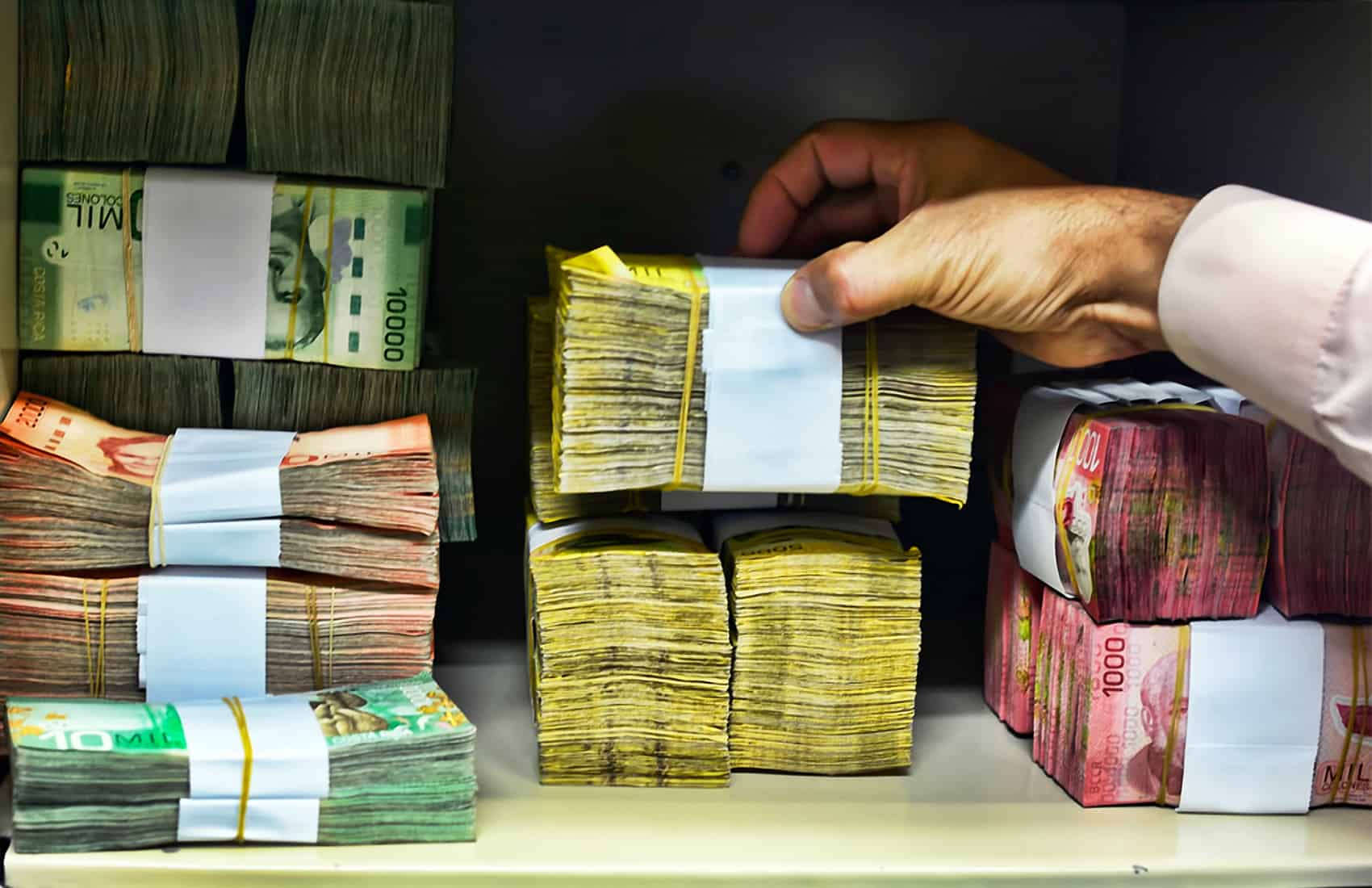Costa Rica’s Security Minister Mario Zamora recently shone a spotlight on the troubling link between informal ‘gota a gota’ lending (shark loans) and organized crime plaguing the country.
Speaking before the Legislative Assembly’s Financial Affairs Commission last week, Zamora pointed to parallel financings like ‘gota a gota’ as a driver of insecurity across Costa Rica. “We are witnessing new phenomena such as the ‘gota a gota’ loan issue,” he testified.
The minister detailed disturbing new evidence tying drug traffickers to the exploitative ‘gota a gota’ loan system, where lenders charge excessive interest rates and use violent collection tactics. “We have identified hitmen linked to the same drug trafficking criminal gangs who apparently use the resources obtained from drug sales and place them in the informal credit market through the ‘gota a gota’ system,” Zamora explained.
Since assuming his post just months ago, the security chief has focused on emerging crime schemes that breed fear and endanger the population. “These new criminal phenomenologies where groups are expanding not only in their traditional criminal activities but also engaging in these new phenomena that create property enslavement in a sector of the population, especially those who do not have access to loans, pose challenges regarding police action,” he said.
To illustrate the coercive nature of ‘gota a gota’ lenders, Zamora shared the disturbing account of a fruit seller along the San Ramón-Puntarenas route. After taking out and repaying a ¢300,000 ‘gota a gota’ loan, paying ¢15,000 weekly installments, collectors continued to threaten him and demand payments. “When the collectors from these organizations come, he not only pays the installment but also pays the ¢300,000 to end that extortionate relationship, only to be beaten up and told that he will have to continue paying ¢15,000 per week,” the minister described.
Costa Rica’s concerns have grown as neighboring countries like El Salvador and Guatemala have announced measures to prosecute gangs running ‘gota a gota’ operations, even issuing border alerts to halt the entry of more actors.
Experts warn that the predatory ‘gota a gota’ system exploded after formal credit access was limited by regulations like the ‘Usury Law’ which placed caps on interest rates but ultimately increased financial exclusion. With legitimate financing restricted, vulnerable populations are forced to turn to parallel lenders.
“People continue to seek resources, often obtained through illicit means,” Zamora acknowledged. “There are several projects aiming to solve the problem.”
As such, the minister voiced support for legislative changes to sanction ‘gota a gota’ lenders relying on violent and coercive collection tactics to terrorize borrowers. “We are working at the legislative level for the creation of adequate and necessary laws to address these types of behaviors,” he stated.
Clamping down on the troubling nexus between organized crime and the informal lending market has become a priority for Costa Rica’s security forces. Zamora emphasized the need for robust measures to curb the predatory ‘gota a gota’ loan system that continues to fuel insecurity and threaten the nation’s stability.






